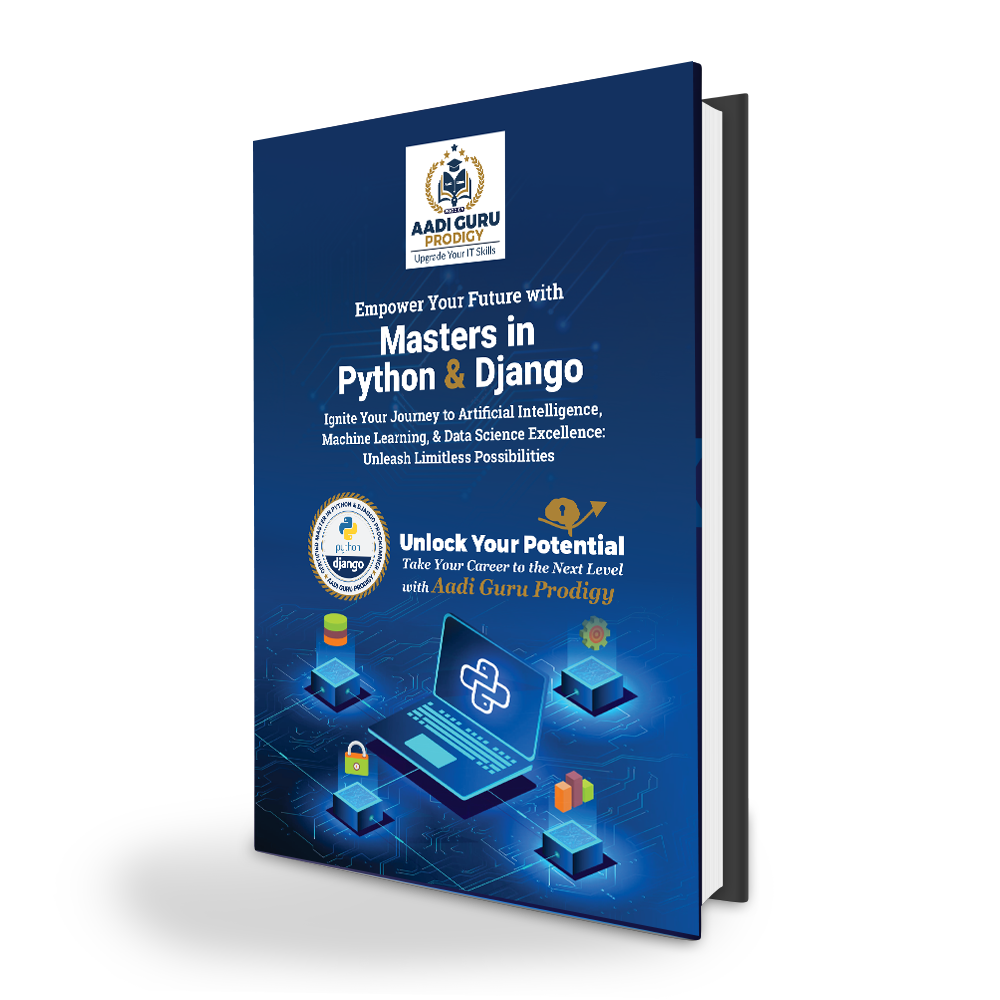Cybersecurity Free Book Campaign
Learn Cybersecurity!
Future of Cybersecurity Developers
Cybersecurity is a field dedicated to protecting computer systems, networks, and data from unauthorized access, breaches, and attacks. With the increasing reliance on technology and the growing threat landscape, cybersecurity has become a critical aspect of both personal and organizational security.
Protecting Your Digital World With Cyber Security
Understanding the Cybersecurity Landscape
Cyber Security Fundamentals
- The significance of cybersecurity in the digital age
- Types of cyber threats: malware, phishing, ransomware, etc.
- Real-world examples of cyberattacks and their impact
Building a Strong Cybersecurity Foundation
- Importance of strong and unique passwords
- Two-factor authentication (2FA) and multi-factor authentication (MFA)
- Tips for creating secure passwords
- Password management tools and best practices
Recognizing and Preventing Phishing Attacks
- What is phishing and how it works
- Common types of phishing attacks: email, spear phishing, smishing, etc.
- How to identify phishing emails and messages
- Best practices for avoiding falling victim to phishing
Protecting Your Devices and Networks
- Keeping operating systems and software up to date
- Importance of antivirus and anti-malware software
- Configuring firewalls and network security settings
- Securing Wi-Fi networks: strong passwords, encryption, hidden SSIDs.
Safeguarding Your Online Identity
- Social engineering attacks and how to defend against them
- Privacy settings on social media platforms
- Limiting personal information exposure online
- The risks of oversharing and location-based services
Secure Browsing and Online Transactions
- Importance of HTTPS and secure websites
- Using VPNs (Virtual Private Networks) for enhanced privacy
- Safe online shopping and banking practices
- Recognizing malicious websites and avoiding them
Emerging Cybersecurity Trends
- Internet of Things (IoT) security challenges
- Artificial Intelligence (AI) and machine learning in cybersecurity
- Biometric authentication and its implications
- Ethical hacking and bug bounty programs
A1: Cybersecurity is the practice of protecting computer systems, networks, and data from cyber threats, including hacking, data breaches, and other malicious activities.
A2: Cybersecurity is crucial to safeguard sensitive information, maintain privacy, prevent financial loss, and ensure the integrity of digital systems.
A3: Common cyber threats include malware, phishing, ransomware, DDoS attacks, social engineering, and insider threats.
A4: Starting a career in Cybersecurity often involves gaining relevant certifications, hands-on experience, and staying updated on the latest security trends.
A5: Encryption is the process of converting information into a code to prevent unauthorized access. It plays a vital role in securing data.
A6: A firewall is a network security device that monitors and controls incoming and outgoing network traffic, acting as a barrier between a trusted internal network and untrusted external networks.
A7: Penetration testing, or ethical hacking, involves simulating cyber attacks on a system to identify vulnerabilities and weaknesses.
A8: Protect yourself from phishing by being cautious of suspicious emails, not clicking on unknown links, and verifying the legitimacy of websites.
A9: Two-factor authentication adds an extra layer of security by requiring users to provide two forms of identification before accessing an account.
A10: A VPN encrypts your internet connection, ensuring your online activities are secure and private, especially when using public Wi-Fi networks.
A11: A Distributed Denial of Service (DDoS) attack overwhelms a target system with a flood of traffic, causing it to become unavailable.
A12: Secure your home network by using strong passwords, updating router firmware, enabling WPA3 encryption, and disabling remote management.
A13: The CIA Triad stands for Confidentiality, Integrity, and Availability – three core principles that guide cybersecurity practices.
A14: A security breach is an incident in which unauthorized individuals gain access to sensitive information or systems.
A15: Malware is malicious software designed to harm or exploit computer systems, including viruses, worms, Trojans, and spyware.
A16: Social engineering is a manipulation technique used by attackers to deceive individuals into divulging confidential information or performing actions that compromise security.
A17: Patch management involves regularly applying updates and fixes to software and systems to address known vulnerabilities.
A18: An Incident Response Team is responsible for handling and mitigating the impact of security incidents, breaches, and cyber attacks.
A19: A honeypot is a cybersecurity tool designed to attract and detect unauthorized access attempts, providing insights into attacker tactics.
A20: Cryptography involves using mathematical techniques to secure communication and data, ensuring confidentiality and authenticity.

Are you interested in mastering Cyber Security? Look no further! We’re thrilled to announce our exciting Free Book Campaign, where you can get your hands on a comprehensive guide to building powerful Cyber Security Traning with Hand
🔍 What’s Inside:
- Cybersecurity training programs may include hands-on practical exercises, real-world simulations, and case studies to provide practical experience in dealing with cybersecurity challenges.
- Some institutes also offer certifications, such as Certified Information Systems Security Professional (CISSP), Certified Ethical Hacker (CEH), and Certified Information Security Manager (CISM), which can enhance professional credentials in the field.
🎁 Why Get the Free Book:
- Learn at your own pace: The book is designed for self-study, making it perfect for busy individuals and students.
- Accessible to all: Whether you’re a coding enthusiast or a seasoned developer, this book caters to all skill levels.
- Practical and industry-relevant: The content is crafted to help you build projects that align with industry demands.
- A solid foundation: Cyber Security is a powerful to Save Our Data; learning it can open doors to exciting opportunities in the tech world.
🚀 How to Participate:
- Sign up on our website using your email address to receive the Free Book Campaign link.
- Spread the word: Share this campaign with your friends, colleagues, and social media networks.
- Join our community: Connect with fellow learners, share your progress, and ask questions in our supportive online community.
- Learn and Grow: Dive into the world of Cyber Security, discover its potential, and become a proficient Cyber security developer!
🌟 Bonus Offer:
For the first 100 participants who complete the book and build a Cyber Security project of their own, we have an exciting surprise waiting for you! Show us what you’ve learned, and you could win an exclusive mentorship session with a Cyber Security expert!
Don’t miss out on this incredible opportunity to advance your web development skills with Cyber Security. Join the Free Book Campaign now, and let’s embark on this learning journey together!
